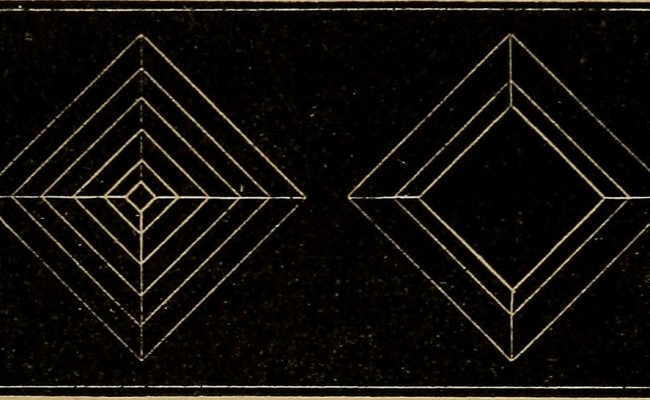bloodgirl lived in a sleepy how town
(with up all few bird words down)
bloodgirl cleaned her skin with their bones
carbon dirt diamond stone
sleepy how town frowned and locked her far
bloodgirl congealed, slipped through the bar
painted her why on all whose doors
carbon fire glass ore
afakasi drew his many hows down
(with flying whys and who shoulds around)
afakasi marked her words, crossed her naughts
crystal ruby sardonyx quartz
questions inked (both big and small)
bloodgirl and afakasi faced the wall
scribed their hows, etched their mights
alum galena bismuthinite




